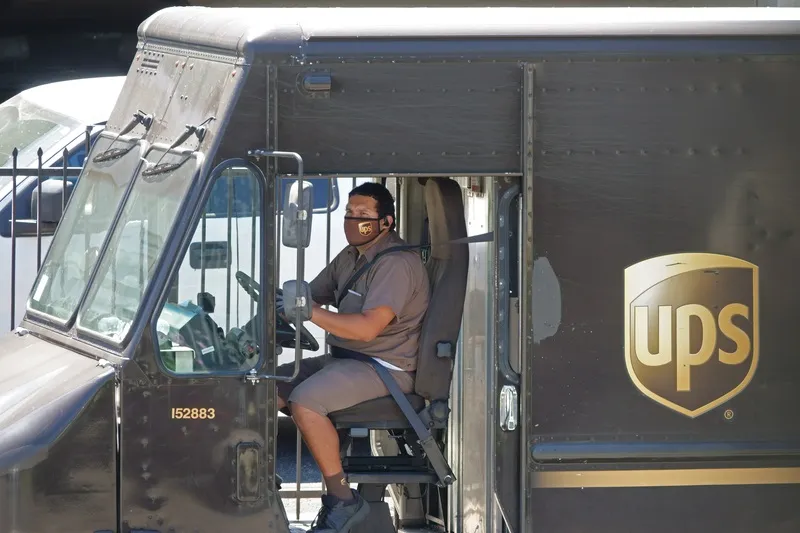The only way to reduce car ownership is to stop putting car-sharing vehicles in places where people travel - and start putting them in places where they live.
This was one of the main messages from the 'Future of Global Urban Mobility' event, hosted in London last night by global research agency Kadence International.
Speaking at the London Transport Museum, Patrick Foster, chief business development officer at car-share marketplace Drivy, says: "OEMs want to give you a car for free if you start sharing it. The people that we talk about 'lease to share', a concept where you lease your car but don't pay anything as long as you share it, is that every OEM in the workplace is interested in this."
Foster claims that half of city workers aged around 27 do not have a driving licence and nearly all of them do not own a car, but they want to be able to use these on-demand services.
Drivy, which also does car rental, says it is now taking steps to earn trust from users.
“We are vetting drivers and guaranteeing that they have been checked. Right now we are also using technology such as dash cameras, everything that can tell you something happened on the car,” Foster adds.
Finlay Clark, UK country manager at
Waze is currently operating a car-pooling service in the US, Brazil and Israel. The service links individuals with other 'Wazers', users of the company's app.
“We all hate traffic yet we all cause traffic by getting in our cars every day and sitting there usually on our own, so only by working together will we have a chance of ending traffic,” Clark adds.
Car-sharing locations need to be revised to tackle car ownership, says Drivy
The only way to reduce car ownership is to stop putting car-sharing vehicles in places where people travel - and start putting them in places where they live.
This was one of the main messages from the 'Future of Global Urban Mobility' event, hosted in London last night by global research agency Kadence International.
Speaking at the London Transport Museum, Patrick Foster, chief business development officer at car-share marketplace Drivy, says: "OEMs want to give you a car for free if you start sha
February 8, 2019
Read time: 2 mins








